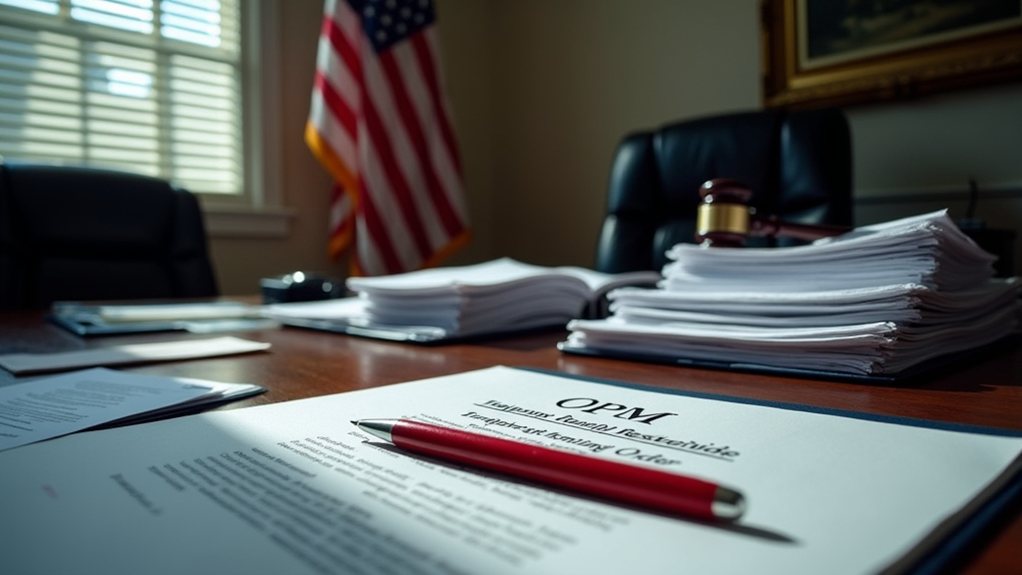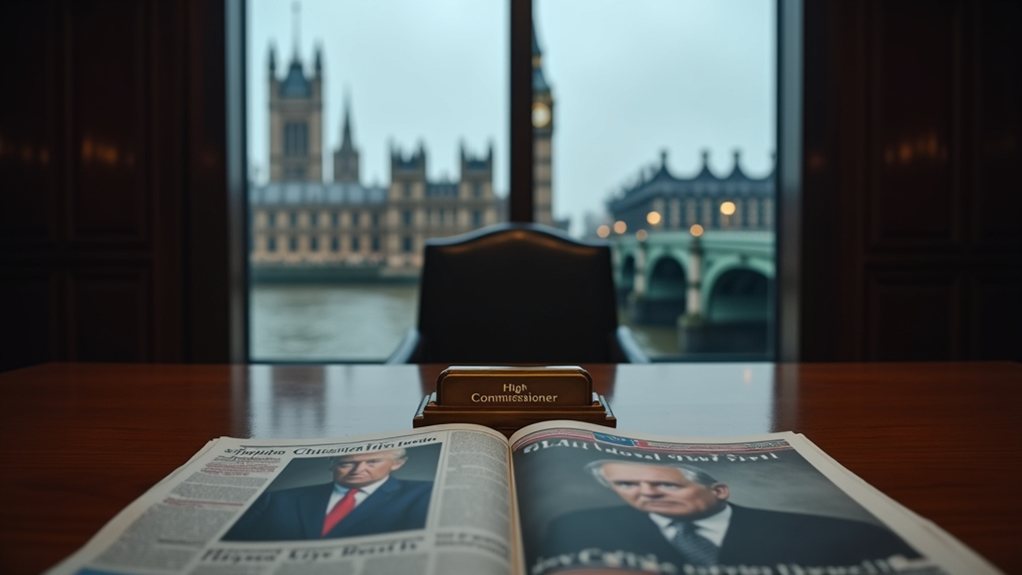The Trump administration has decided to backtrack on a controversial directive aimed at firing federal workers. This decision comes after a federal judge ordered the administration to rescind the directive concerning probationary employees. Judge William Alsup ruled that the Office of Personnel Management (OPM) lacked the authority to order mass firings. His temporary restraining order raises questions about the full impact of this ruling.
The directive, often referred to as the "Fork Directive," presented an ultimatum to federal employees. It demanded that they either resign or face job loss without compensation. The OPM threatened to fire employees for non-compliance, and the package offered was deemed illegal due to a lack of appropriate funds for deferred resignations. Concerns about the directive's potential violation of federal ethics regulations were also raised by union leaders.
The "Fork Directive" forced federal employees to choose between resignation or uncompensated termination, with illegal funding for deferred resignations.
Unions, including the American Federation of Government Employees (AFGE), filed a lawsuit against the directive, arguing that it was arbitrary and unlawful. Thousands of probationary employees faced the threat of termination, with estimates suggesting that over 25,000 could have been fired within a week. Some longtime employees in new positions were also affected.
The directive aimed to reduce the federal workforce size under the administration's broader plans for workforce reform. The Trump administration's initiative, called the Department of Government Efficiency (DOGE), sought to limit hiring to essential positions, proposing a hiring ratio of one new employee for every four departing.
This plan aligns with the administration's previous focus on shrinking the administrative state and implementing regulatory reforms. The ruling by Judge Alsup marks the second setback for the Trump administration regarding probationary firings.
The decision highlights the ongoing legal challenges posed by unions seeking to protect the integrity of government and prevent misleading information from being shared with employees. It remains to be seen how this ruling will affect the administration's plans for workforce reform moving forward.





